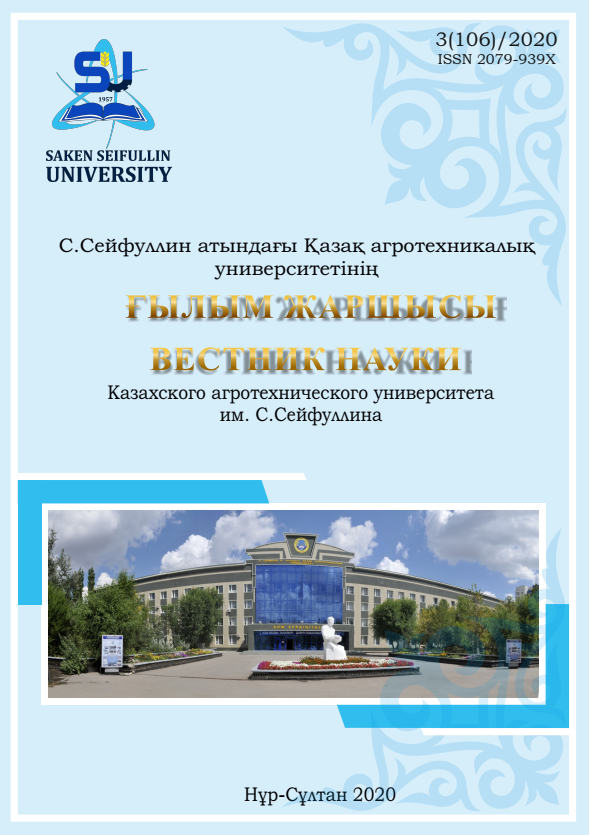ANALYSIS OF REGRESSION MODELS OF STRENGTH AND PLASTIC PROPERTIES OF DEFORMATION-THERMALLY HARDENED REINFORCING PROFILE
DOI:
https://doi.org/10.47100/herald.v1i3.95Keywords:
reinforcement profiles, mathematical model, deformation – thermal strength, dispersion, Fischer criterion, student criterion, rolling.Abstract
The main parameters that determine the effectiveness of thermal hardening are: the temperature of the beginning and end of deformation, the total degree, fraction and degree of deformation, the duration of pauses between passes, the time interval from the end of deformation to the beginning of intensive cooling, the duration of accelerated cooling to the self-release temperature, and, finally, the chemical composition of the processed steel. Actual technological processes at specific rolling mills are characterized by a wide variety of the range of changes in the specified technological parameters, different combinations of which can lead to completely different final mechanical properties even for the same steel grade and for the same type and size of the rolled profile, which causes extreme difficulty, it is often also practically impossible to
develop unified mathematical models for predicting the final mechanical properties of finished products for various profiles and types of rolling mills. Therefore, the most acceptable option is to create mathematical models for predicting the final mechanical properties for specific types of mills, profile sizes and steel grades, taking into account the peculiarities of changing technological parameters.

